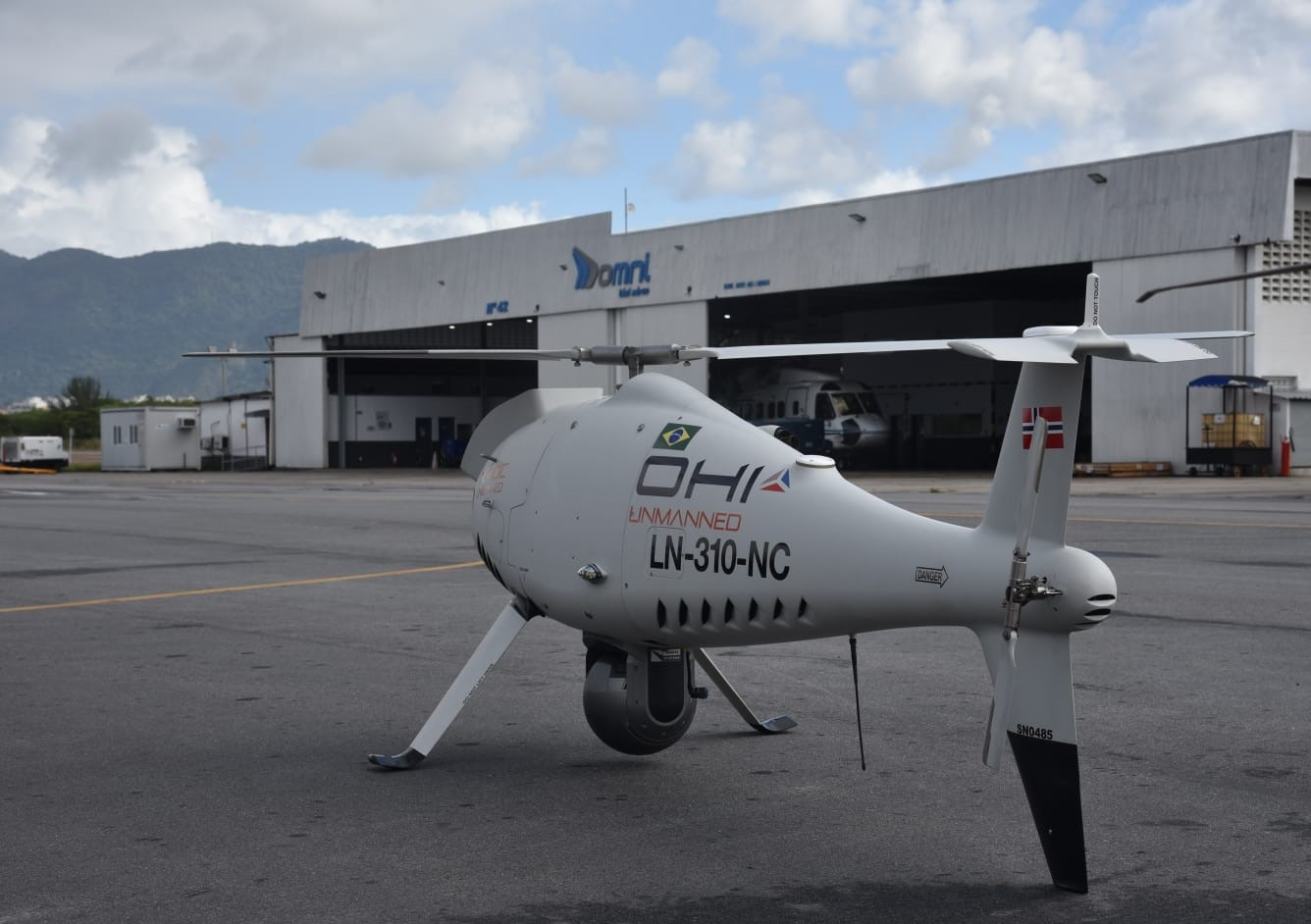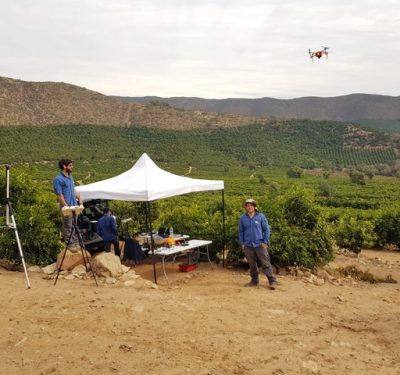Omni Táxi Aéreo, part of the Omni Helicopters International (OHI) Group and a leading provider of air mobility solutions in Latin America, has been awarded two contracts by Petrobras to conduct Brazil’s inaugural unmanned aerial vehicle (UAV) missions for offshore operations. These missions will involve beyond-line-of-sight (BVLOS) flights, capable of transporting payloads up to 50kg to offshore installations, and facilitating inter-facility transport, marking a significant advancement in the use of UAV technology in the Brazilian offshore sector.

Awarded by Petrobras, Brazil’s largest energy corporation, these contracts capitalize on Omni Táxi Aéreo’s nearly two-decade-long relationship with the energy giant. The missions are set to commence in the second quarter of 2024 and will not only focus on cargo transportation but also on gathering vital data regarding airspace co-utilization between UAVs and helicopters. This initiative is expected to play a pivotal role in the evolution of unmanned aerial logistics, offering insights into the integration of UAVs in shared airspace environments.
OHI Unmanned, OHI’s dedicated drone division, provided consultancy support for these contracts. This project aims to significantly reduce operational costs and CO2 emissions by offering a more efficient alternative for the transportation of smaller, time-sensitive cargoes, traditionally handled by conventional helicopters and boats.
Roberto Coimbra, CEO of Omni Táxi Aéreo, expressed enthusiasm about the collaboration, highlighting the longstanding partnership with Petrobras. João Welsh, CEO of OHI Unmanned, also emphasized the project’s alignment with sustainable and innovative goals, stating that it exemplifies the potential of integrating unmanned vehicles into critical missions while ensuring excellence in service and contributing to environmental sustainability.
These contracts represent a major step forward in unmanned offshore operations in Brazil, showcasing the potential for UAV technology to revolutionize the air mobility and logistics sectors, particularly in the context of the energy industry’s ongoing transition towards more sustainable operations.





